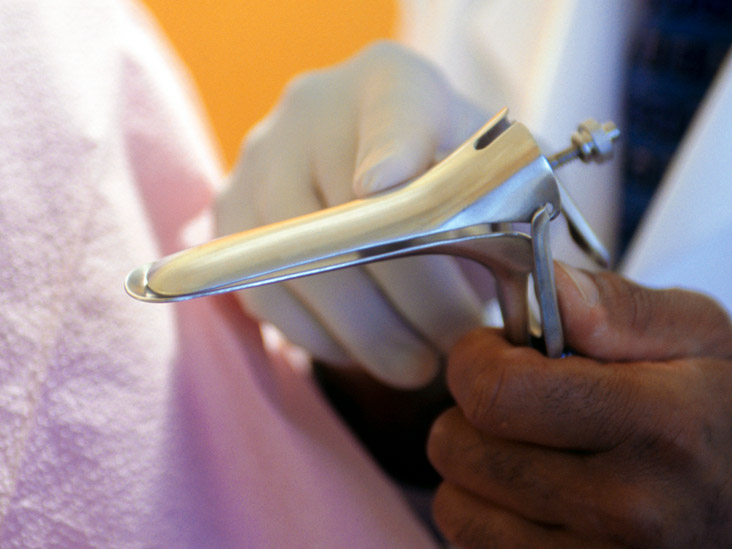Before visiting the gynaecologist…

EVEN though we consider the gynaecologist to be the most friendly and open medical doctor there is (no bias!), many women who still have a level of apprehension even before their annual well woman visit. This should not be. Remember, the gynaecologist is considered the “woman’s physician”.
All gynaecologists are general practitioners first before they go on to specialise in women’s health. Women should thus feel free and open to visit their gynaecologists with any medical problem they may have. If the gynaecologist cannot aid them directly, they most definitely can refer them to another specialist.
Here are a few tips to bear in mind before visiting the gynaecologist.
Be honest
Every week when we conduct consultations it is not uncommon for me to hear, “I’ve never been asked that before; is that important doctor?” The truth is that an individual’s adolescent, sexual and reproductive history can impact many benign and non-benign gynaecological conditions, and this information is necessary in the overall management of the patient. For example, the more lifetime sexual partners a woman has had and the type of sexual intercourse she practises (eg, anal) can increase her likelihood of acquiring HPV and thus cervical cancer. Also, a woman who started her menses at an early age and has had a history of irregular cycles thereafter is at risk of endometrial cancer in the future.
Visit someone you are comfortable with and stick with them
We live in an age where there are many options. Find a doctor who is well recommended and that you feel comfortable with. Do your research. Try not to “doctor jump”. If you doubt your doctor, you can seek a second opinion, but there is no need to seek a third, fourth or fifth! Seeing different doctors can derail you from the original purpose you went to see the gynaecologist for in the first place.
Be prepared for a pelvic examination and Pap smear
The dreaded pelvic examination and Pap smear usually sends fear down a woman’s spine. The pelvic examination usually happens at every gynaecological visit. The reason is that many pelvic abnormalities can initially and only be identified with a simple physical examination. Most studies have shown that women mostly suffer from the fear of the actual pelvic examination than the examination itself. Our advice: Relax. Listen to your doctor while he/she is examining you and the process can be relatively pain-free.
Avoid visiting the gynaecologist during your menses or right after intercourse
Though seeing your menses does not mean the gynaecologist cannot examine you, certain abnormalities of the cervix and vagina cannot be visualised as they may be obstructed by blood. This is similar for remnant semen in the vagina.
Do not be embarrassed
Remember, most women who come to the gynaecologist outside of their well woman visit have an issue with regards to the abdomino-genital region. Do not be embarrassed about the condition. Know that your gynaecologist will be able to rectify any problem you may have.
